

Saudi Aramco encourages a healthy lifestyle.
The company's commitment to preserving health is made through health campaigns, presentations, exhibits and publications.
Running parallel with the company's programmes to protect the environment are its equally robust efforts to assure the health and safety of its people.
The company serves more than 350,000 employees and dependents through aggressive wellness programmes, state-of-the-art health centre facilities, satellite services in company communities and a network of designated private-sector medical facilities across the Kingdom.
In addition, Saudi Aramco conducts environmental health inspections at all company community and industrial facilities, contractor camps and facilities owned by company suppliers (such as food and beverage manufacturers, ice producers, water bottling plants, dairy farms, etc).
The early stages of the preventive health care programme focused upon the reduction of communicable diseases in the Eastern Province.
During the search for oil on the Arabian Peninsula in the early 1930s, supermarkets and advanced water treatment plants of today did not exist.
The prospectors soon learned that they had to protect their food and water from contamination, to dispose of waste properly and to observe hygienic practices. These tasks were assigned to the exploration team's physician who was, in effect, the company's first preventive medicine advisor.
The Malaria Control programme begun in 1947 exemplifies the success of this cooperative effort. This programme commenced in the Al-Hasa and Qatif oases in 1947.
Control activities were expanded in 1951, and at government request, into the Yabrin oasis. As a result of these control efforts, the prevalence of malaria among company employees and their dependents fell from 2,000 cases in 1947, to 94 cases in 1949, and then to 0 cases in 1958.
The Preventive Medicine staff now includes educators, environmental specialists, physicians, audiologists, chemists, epidemiologists, optometrists and many other specialists.
A number of Saudi Aramco medical programmes deliver preventive health care, assuring that the preservation of health and safety is a priority.
One critically important programme is Epidemiology, which consists of statistical fieldwork, infection control, and school-health maintenance. Staff members perform the following procedures:
• Record and monitor communicable diseases and trends in Saudi Aramco.
• Prevent transmission of diseases to others at risk, implement preventive measures and evaluate effectiveness.
• Assist other departments with epidemiologic programme evaluations.
• Coordinate health statistics with the Ministry of Health. Saudi Aramco also provides educational programmes and services to all employees and dependents.










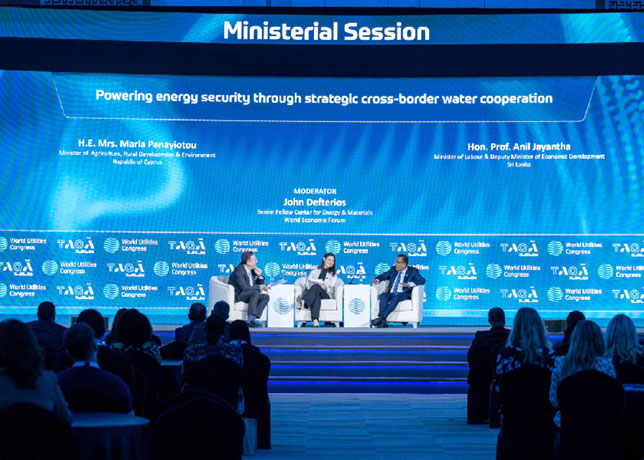











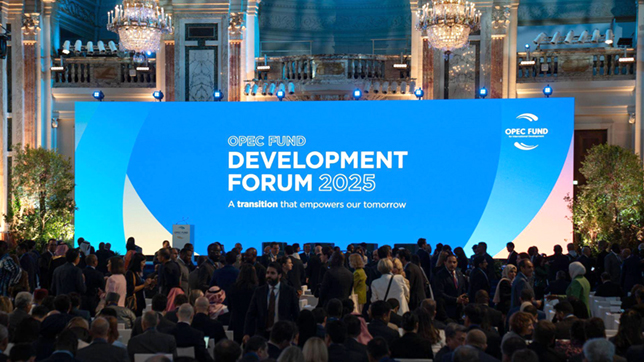















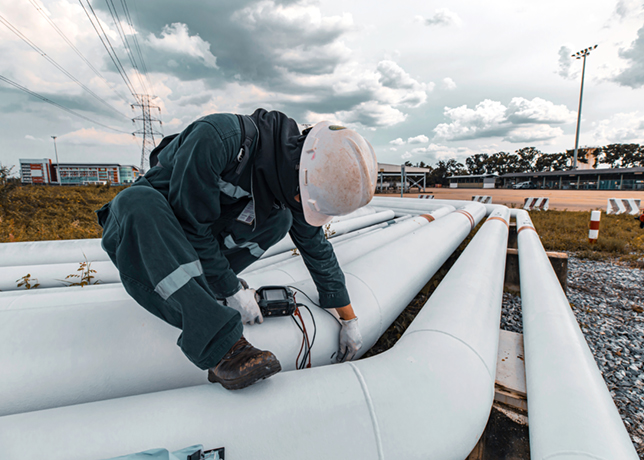
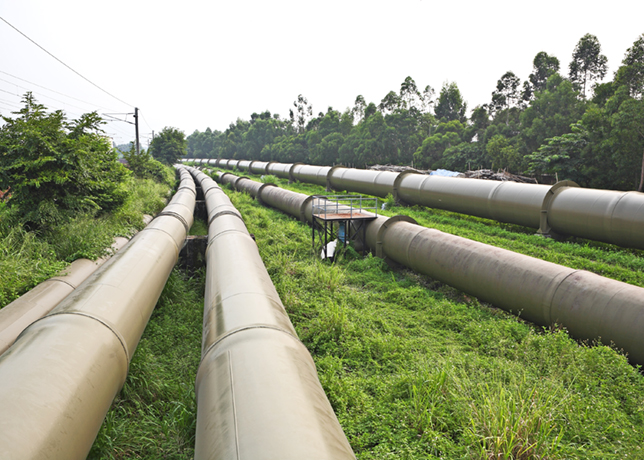






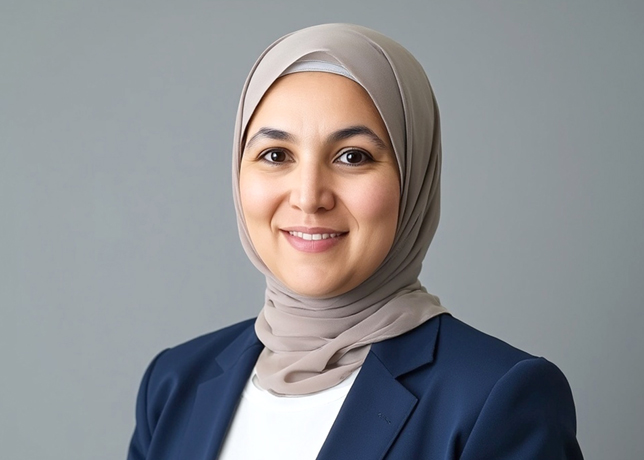
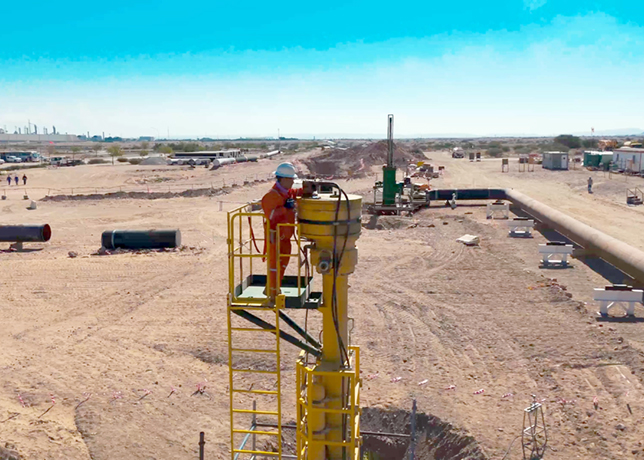

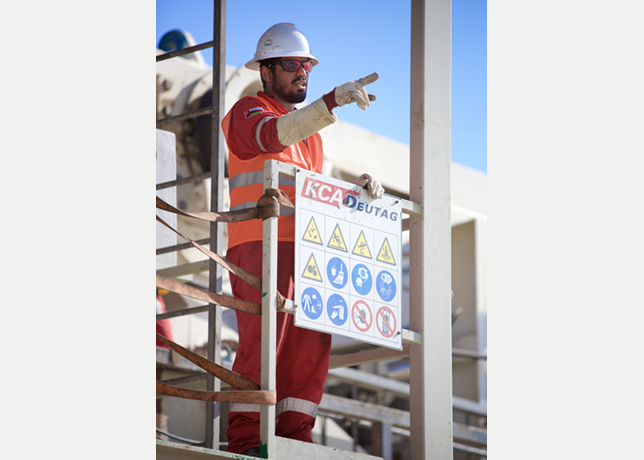




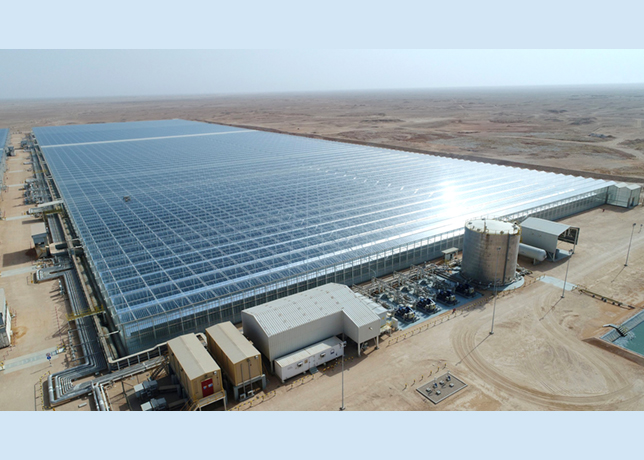































.jpg)











